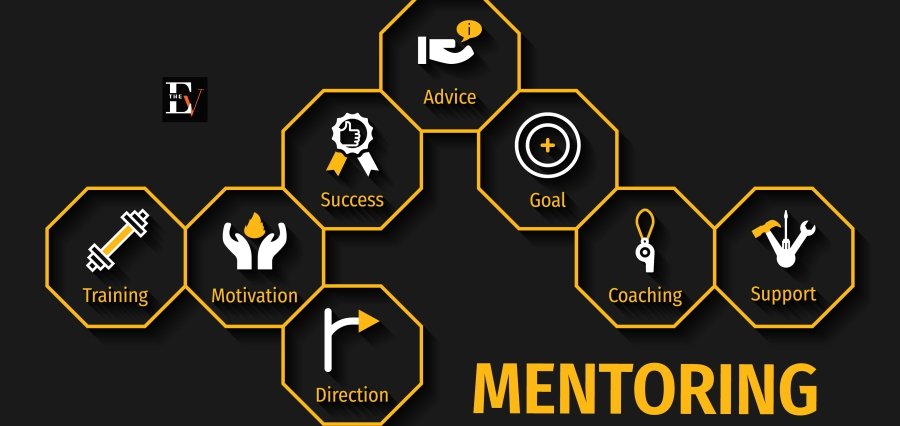The New Age of Mentorship
Over the past few years, mentorship has taken on a new dimension. The former top-down model of mentoring (where a mentor imparts wisdom, and the mentee takes notes) is evolving into a two-way, interactive relationship. This change is majorly affected by the trends in student empowerment that emphasize agency, purpose, and self-development. The coaches who are leading this change are success coaches, reshaping their strategies to meet these emerging demands.
Redefining Mentorship in the Modern Age
The contemporary learner is no longer satisfied with passive engagement. Rather, students are increasingly demanding a voice in their educational experiences, seeking mentors who will lead. This active engagement requirement has led successful coaches to reject strict models. In the modern context of mentoring, it is not about telling students what to do but assisting them in exploring their individual way.
The increase in student empowerment trends has promoted a more holistic approach to coaching. Success coaches are no longer interested in academic achievement or career planning, but in emotional intelligence, resilience, and self-awareness. This larger view assists students in forming a base that facilitates personal and professional achievement.
Personalized Coaching for Individual Growth
Personalization is one of the most important elements of successful mentorship in this new age. Two students are not alike, and success coaches are more than ever recognizing the necessity to customize their approaches. Coaches can develop a more personalized roadmap by learning about the interests and values of each student as well as their long-term objectives, and meeting their goals on a personal level.
The trends in student empowerment endorse this tailored model through the promotion of autonomy and self-directed learning. This is used to the advantage of success coaches who provide the students with the incentive to own their choices, carefully consider their experiences, and implement changes to their strategies where necessary. This not only develops confidence but also a culture of constant improvement.
Building Skills for Lifelong Success
The transition of short-term achievement to lifelong success is one of the most significant effects of student empowerment trends. Success coaches are currently assisting students in developing transferable skills, including critical thinking, communication, adaptability, and problem-solving, which can be applied in non-academic environments. These competencies enable students to handle complexity and ambiguity and are ready to enter a changing world.
Mentorship nowadays pays much attention to the learning process rather than the product. Success coaches help students set goals, create plans, and celebrate. By doing this, they can provide a learning environment that allows students to be supportive, challenged, and ultimately empowered to drive their own process.
Fostering Meaningful Relationships
Although technology has contributed to the increased access to coaching and resources, the human connection will never be replaced. The relationships between you and your mentor must be rooted in trust, respect, and understanding; this is the basis of any successful mentorship. The trends of student empowerment have introduced this to the center stage with the consideration of emotional support and natural communication.
Success coaches have been trained to be attentive listeners, sensitive mentors, and intelligent partners. They are concerned with providing a safe environment within which students can be able to express themselves freely, explore their identity, and communicate their objectives. This relational base solidifies the mentorship process and improves the capability of the student to succeed on his or her own.
Aligning Mentorship with Empowerment Principles
To maximize the potential of student empowerment tendencies, success coaches should be conscious in their endeavors to align practice with empowerment principles. These include self-advocacy promotion, goal-setting, and reflective thinking. Coaches are not experts who know everything; they are facilitators who help students realize their potential.
This model of empowerment changes a dependency dynamic to a partnership. Students are not passive consumers of knowledge but co-creators. Consequently, they acquire not just competence but also purpose and direction that drives long-term motivation.
The Road Ahead
The modern era of mentorship is a representation of a larger cultural move towards personal agency and holistic development. A success coach who is enlighted and embracing trends in student empowerment is better placed to guide students to navigate through complex and rapidly changing situations. These coaches are helping to re-design the appearance of mentorship in the modern world with their focus on personalization, development of skills, constructive relationships and empowerment-oriented practices.
With education constantly changing, there is one thing that is certain: mentorship in the future is more of collaboration than control. Those success coaches who learn to accept this fact are not only mentoring students, but they are also empowering the leaders, thinkers, and change-makers of tomorrow.





